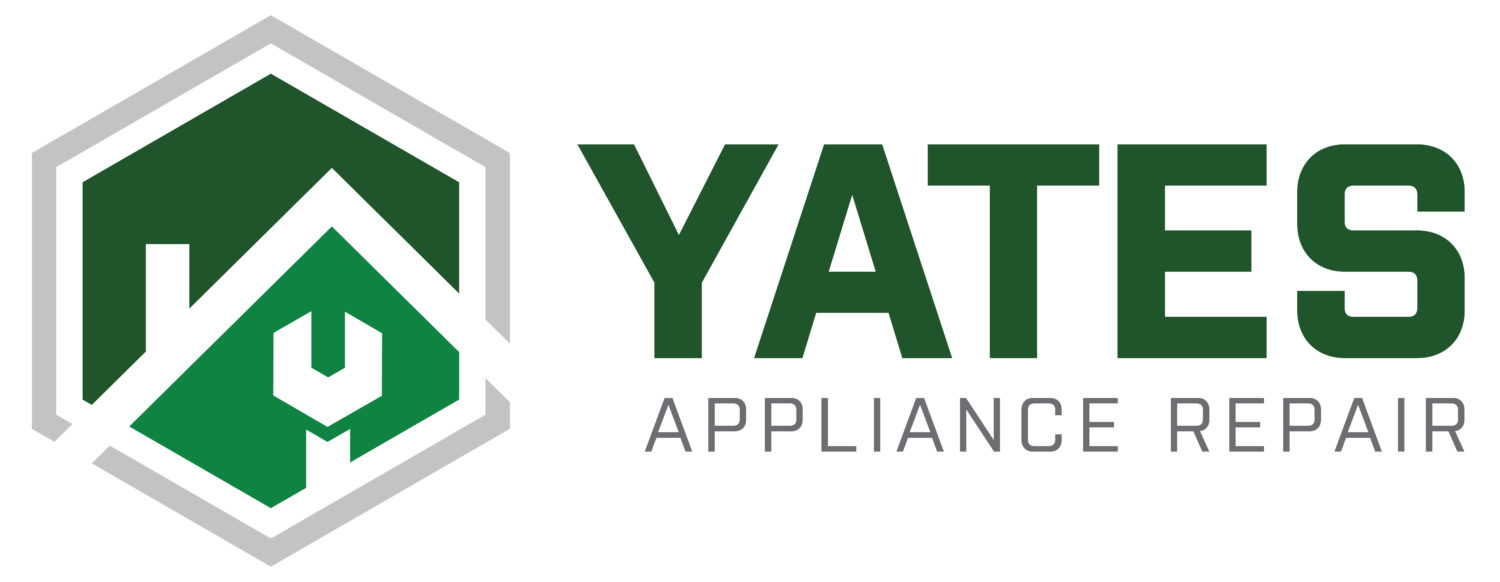Appliance Safety Tips
The appliances in a house often make life easier, but if you operate household appliances the wrong way, they could create evident health risks. It is best to protect appliances and ensure that they won’t turn into hazards by following these household appliance safety suggestions from Yates Appliance Repair.
The professional tips below help to prevent fires and injuries from appliances. Even still, hazards might still happen. If an appliance breaks or malfunctions and becomes a safety risk, hire a professional appliance repair CITY.
GFCI Outlets in Wet Locations
Laundry rooms, kitchens, bathrooms, basements, mud rooms, garages and outdoor areas can be susceptible to wetness or water. Of course, electricity and moisture do not go together, that means power cords and wires should be plugged into ground-fault circuit interrupters (GFCIs).
This special type of outlet prevents electrocution by tripping the circuit when any interruptions in electricity arise.
If you don’t have GFCI outlets installed in damp rooms around your house, it is time to install them or call an electrician in CITY. After that, for further safety, heed the warnings of appliance manuals that indicate a home appliance is not for outdoor use.
Electrical Wires, Outlets & Electronics Far Away From Water
Quite a few home appliances are specially manufactured for outdoor use, like barbecue grills. If you make us of any electrical appliances outside – including dishwashers, refrigerators, freezers and ice makers, electric tools and others – ensure that all of the outlets and cords are not wet. Weatherproof electronics can help with this, in addition to GFCI outlets with water-tight gaskets.
Extension Cords are Only a Temporary Solution
Extension cords pose several potential risks, including:
The chance for a loose connection that might create sparks and cause a fire.
The chance of power interruptions that will ruin the appliance.
Greater vulnerability to water penetration that could lead to electrocution.
The odds of cords overheating and turning into a fire hazard when an insufficient extension cord is paired with a high-power appliance.
When determining an extension cord for temporary use, make sure it’s the correct gauge for the home appliance in question. The lower the gauge, the larger the wire size. For example, a simple household extension cord for a lamp might have a 16-gauge wire where a heavy-duty cord for a air conditioner requires a 12-gauge wire.
The length is also crucial. The longer the cord, the more power is gone on the way, also called voltage drop. Shorter cords are good for electric tools and similar outdoor equipment.
Read the Manual for Any Appliance You Buy
It’s easy to guess that you know how to use your new washing machine or dishwasher without consulting the manual, but reading the manufacturer instructions is necessary for many reasons:
You will find out if your house’s electrical wiring is sufficient to support the appliance. You may need to install a new circuit to stop overloading your existing ones.
You learn about complicated features you might not otherwise known about.
You learn if the new appliance is OK for outdoor areas or not.
You do not have the stress that can sometimes come from trying to operate a appliance with no instructions!
Unplug Small Appliances in Your Home When Not Being Used
You can limit unnecessary energy usage by unplugging small appliances when not in use. This is because small appliances include LED signals, clocks and other energy-draining features standby mode.
Unplug TVs, monitors, routers, game systems, cellphone chargers and more to limit unnecessary energy consumption. Just remember, it’s a good idea to keep DVRs and similar devices plugged in to not miss their background functions.
For extra tips on ways to use appliances safely, or to call a local appliance repair company, please contact Yates Appliance Repair. We can repair all popular home appliances!
OTHER RESOURCES:
Appliance Repair Cost
DIY Appliance Repair Tips
Repair or Replace Appliances
Refrigerator Parts
Home Services Campaign Disclaimer: This site is a free service to assist homeowners in connecting with local service providers. All contractors/providers are independent and this site does not warrant or guarantee any work performed. It is the responsibility of the homeowner to verify that the hired contractor furnishes the necessary license and insurance required for the work being performed. All persons depicted in a photo or video are actors or models and not contractors listed on this site.
Copyright ©2026 Yates Appliance Repair
